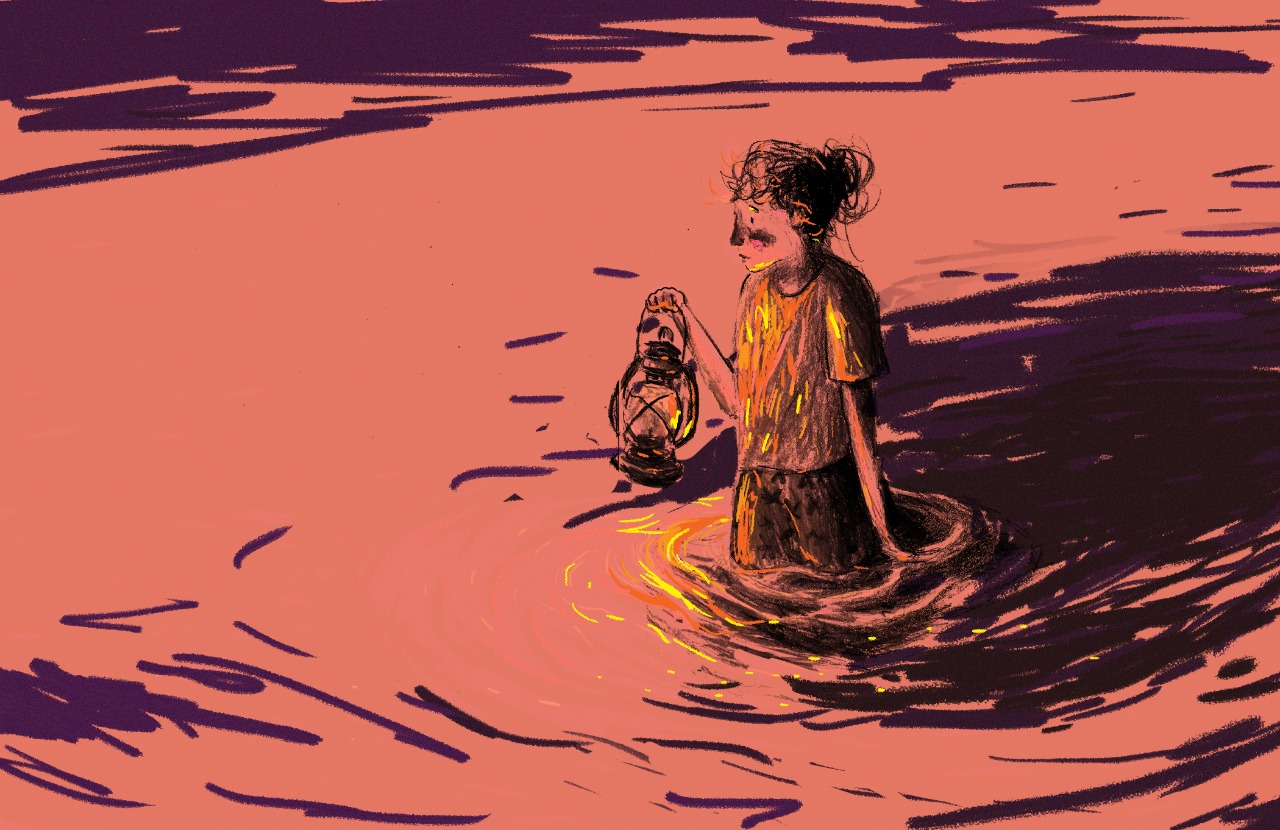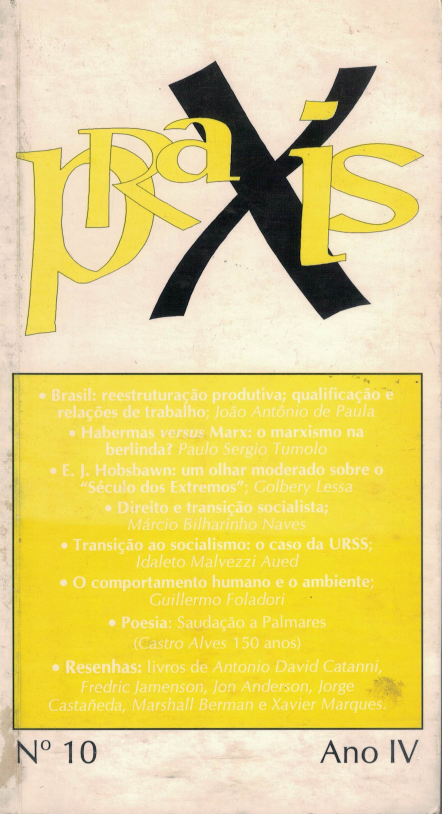On the other side of the wall, but never on top of the wall: the ethical and political commitment of educators and social educators who work with young people deprived of their liberty at Fundação CASA
Keywords:
Youth deprived of liberty, Educators and social educators, Non-formal education, Total institutionAbstract
This article aims to discuss the ways in which educators and social educators work, through non-formal education, with and adolescents in conflict with the law who comply with a measure of detention at Fundação CASA. In addition to the pertinent bibliographic study, some results of the dissertation entitled Educação privada de liberdade: um estudo das práticas pedagógicas utilizadas com adolescentes em conflito com a lei, of my authorship, defended in 2019. It also uses memory records related to my performance as a volunteer social educator in Fundação CASA units. For
this article, I have interwoven parts of identification of the research mentioned with
more recent studies, to investigate the paradox in whether some type of education is
sought within a total institution marked by state racism. The article indicates that
educators and social educators who work at Fundação CASA through non-formal
education, without an employment relationship with the institution, have consciously
opted for this activity, being part of an intentional, social and political choice,
considering that they assume as a compromise the critical presence within an
oppressive space with which they do not agree, but, as long as it exists, they intend to
create possibilities of bonds and resistances together with the young people deprived of
their freedom.

Downloads
Published
How to Cite
Issue
Section
License
Authors who publish in Revista Mouro agree to the following terms:
The. Authors retain copyright and grant Revista Mouro the right to publish.
B. Authors are authorized to assume additional contracts separately, for non-exclusive distribution of the version of the work published in this publication (eg, to publish in an institutional repository or as a book chapter), with acknowledgment of authorship and publication in Revista Mouro.
ç. Authors are allowed and encouraged to publish and distribute their work online (e.g. in institutional repositories or on their personal page) at any point before or during the editorial process, as this can generate productive changes as well as increase impact and the citation of the published work.





